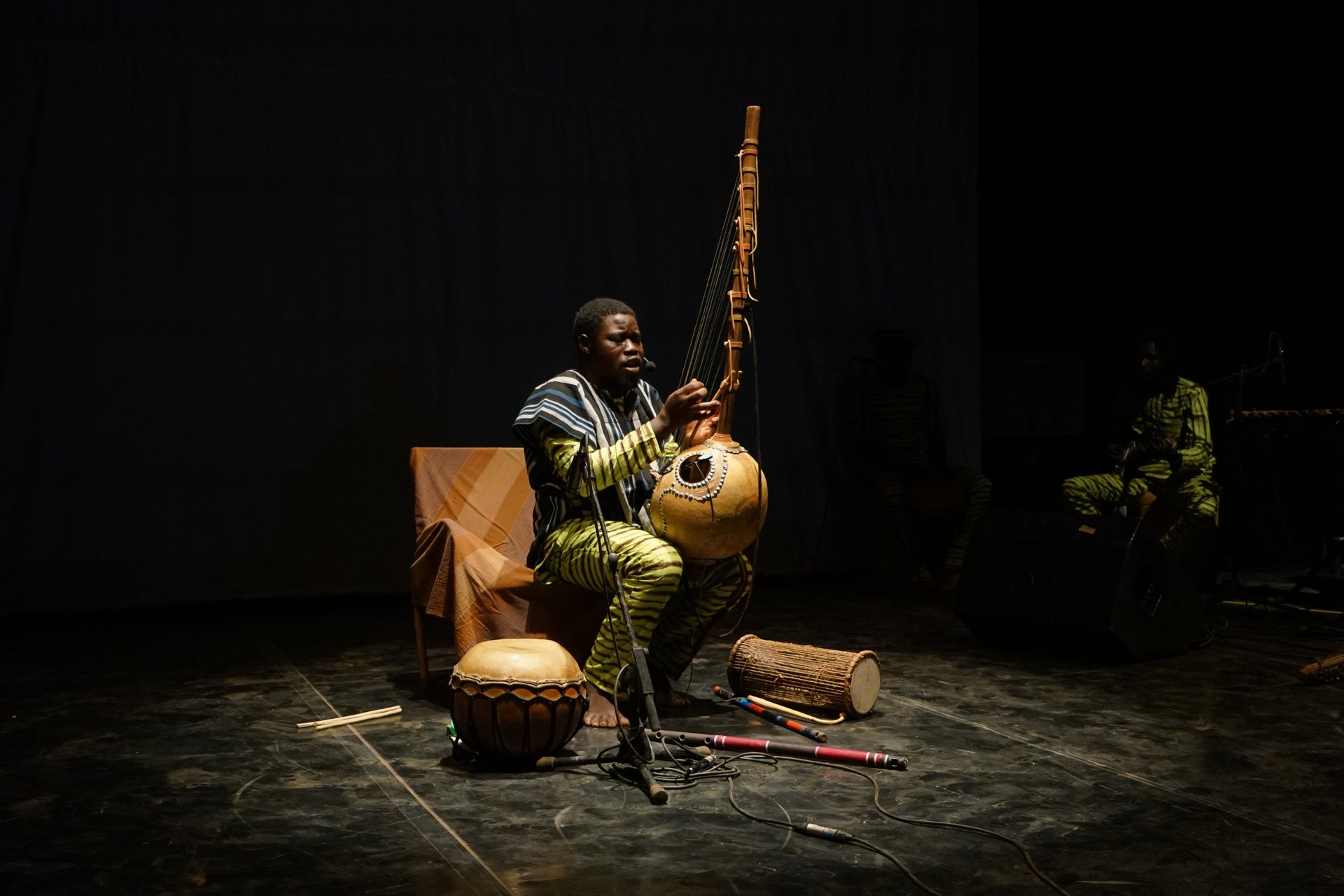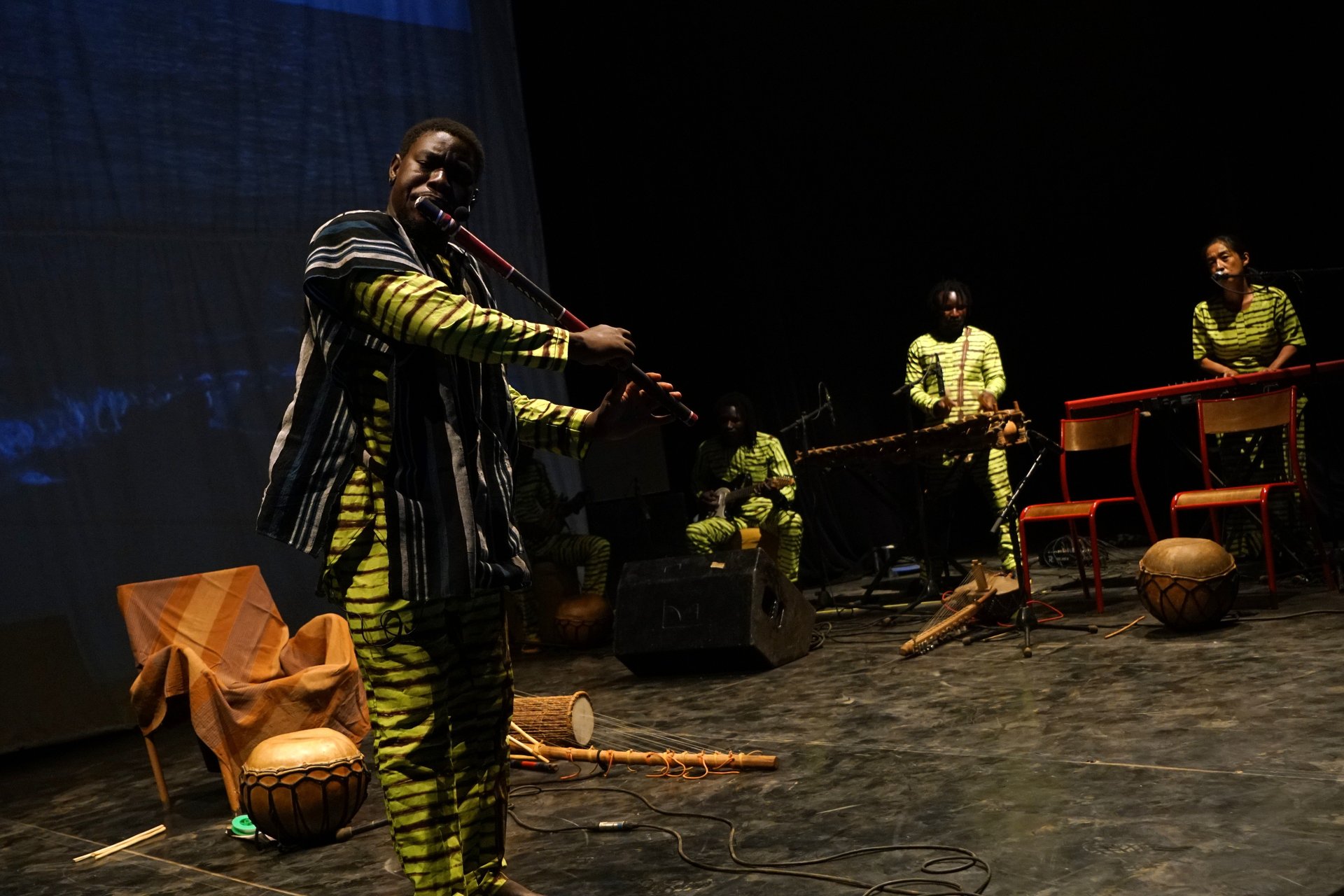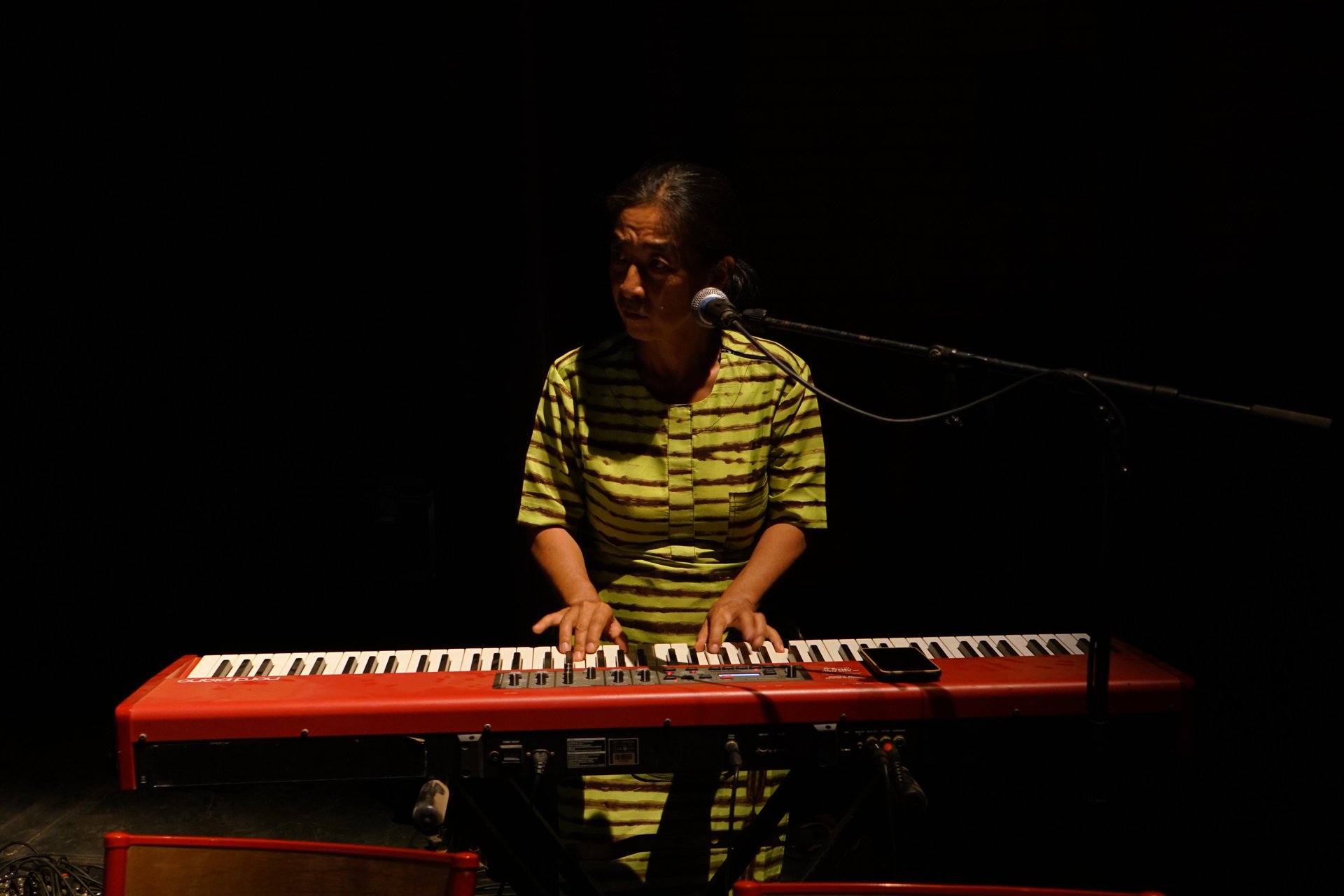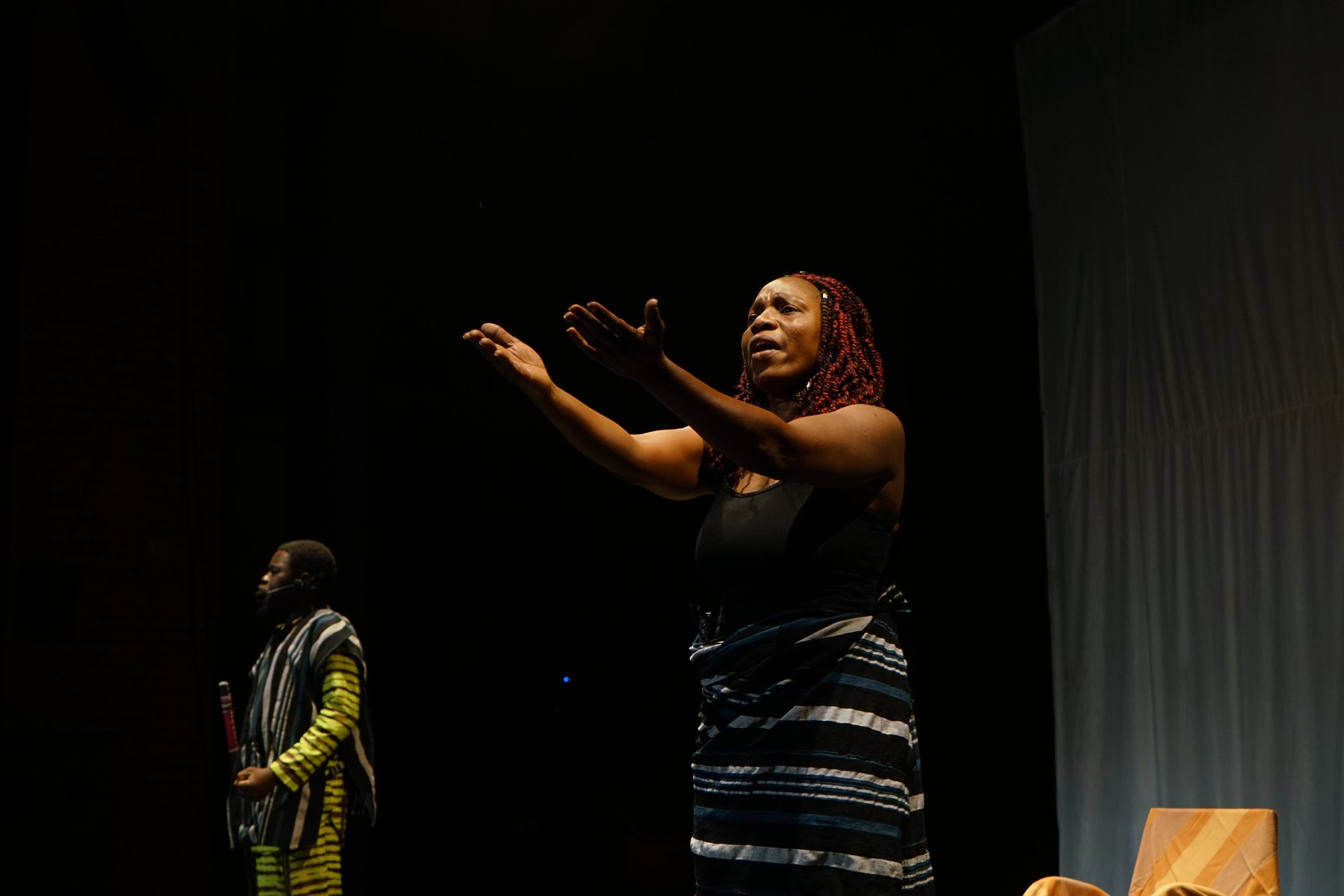Griots, rappers and composers redefine opera in Burkina Faso
These days, Burkina Faso is more likely to be in the news for terrorist attacks, than it is for being a home of culture and groundbreaking collaborations. A renowned Japanese composer, a celebrated Burkinabè singer, a Congolese rapper, and a group of traditional west African musicians known as griots, have come together to create an opera in Burkina Faso. This is a move they hope will help take the country’s story back.


These days, Burkina Faso is more likely to be in the news for terrorist attacks, than it is for being a home of culture and groundbreaking collaborations. A renowned Japanese composer, a celebrated Burkinabè singer, a Congolese rapper, and a group of traditional west African musicians known as griots, have come together to create an opera in Burkina Faso. This is a move they hope will help take the country’s story back.
Celebrated Burkinabè singer Maï Lingani, one of the collaborators, says the opera is part of a broader movement of Burkinabè musicians and artists trying to create work that helps the public understand the ongoing conflict that has killed thousands and displaced one in ten Burkinabè.
“We are trying to put happiness in peoples’ hearts and to change the mentality. We have to do work a lot on our sense of solidarity and patriotism,” Lingani told Quartz. “The terrorists are coming closer, because we are not together.”

After a chance meeting in Berlin, with Burkina Faso’s celebrated architect, Francis Kéré, the first African to win the Pritzker Prize, Japanese composer Keiko Fujiie, set out to collaborate with local artists to write the nation’s first opera that would be performed in Opera Village, a construction that an eccentric late German film director commissioned Kéré to make, but the project ran out of money before the actual opera house could be built.
Burkina Faso’s opera collaboration brings weaves cultures together
The sprawling three act opera called Là-bas ou Ici (There or Here in French) is based on a novel by an exiled rapper and activist named Moyi Mbourangon, also known as Martial Pa’nucci, who fled Congo-Brazzaville after protesting presidential term limits and has lived in Ouagadougou since.
“Here or there, it is the same earth, but my heart is elsewhere, each morning I am brought back to my homeland,” griot and Fujiie’s chief collaborator sings the main chorus in French, in a deep emotion-filled voice.


Written as dreams and letters from Mbourangon to his mother, who remains in his homeland, the opera explores themes of home, belonging, and exile. Stories surrounding the ongoing insecurity in Burkina Faso, that has touched the lives of the griots with whom Fujiie works, are also interwoven.
“I really wanted to weave Martial’s story and this current reality in Burkina Faso,” said Fujiie, who has watched the security situation in Burkina Faso deteriorate in the past two years. As a classically trained musician she also wanted to challenge the “aristocratic” history of opera and create an opera that could be performed for ordinary people.
The opera will be the second in the region, the first of which was the Opéra du Sahel that was commissioned by a Dutch prince and performed in Senegal.
Fujiie lives and works with Maboudou Sanou, a griot, and his family in a modest home in a community on the outskirts of Ouagadougou. The other griots—Yacouba Sanou, Boureima Sanou, and Ibrahim Dembélé—are all part of the same family. The second act of the opera premiered at the Institut Français in Ouagadougou earlier this month, with the entire opera expected to be completed next year and to be performed throughout the country and regionally.
“After two years with this griot community I really changed inside—I learned their music and they learned my music so why not have two composers,” said Fujiie, who has drawn parallels between Japanese and west African music traditions that are both handed down from generation to generation within families.